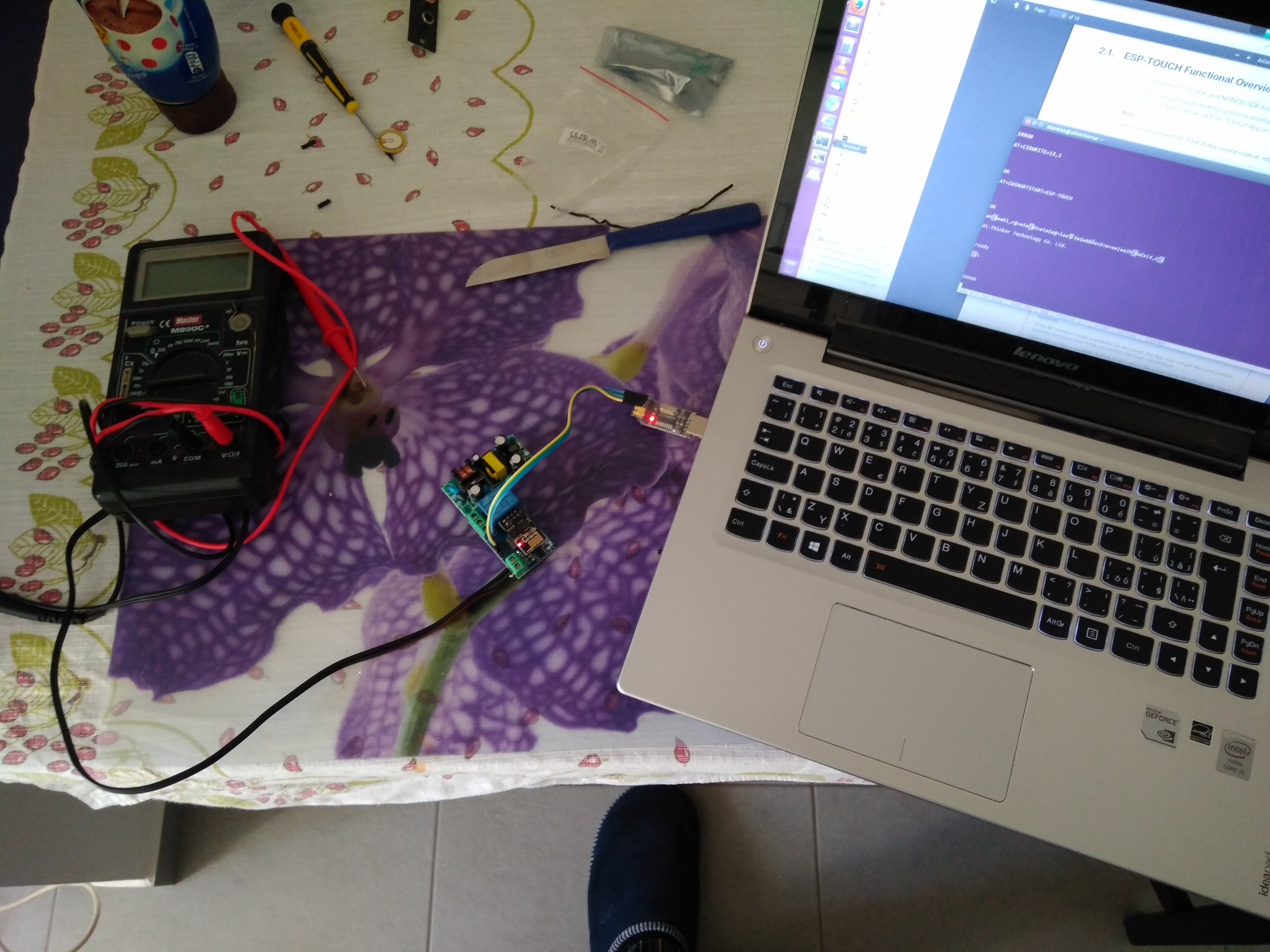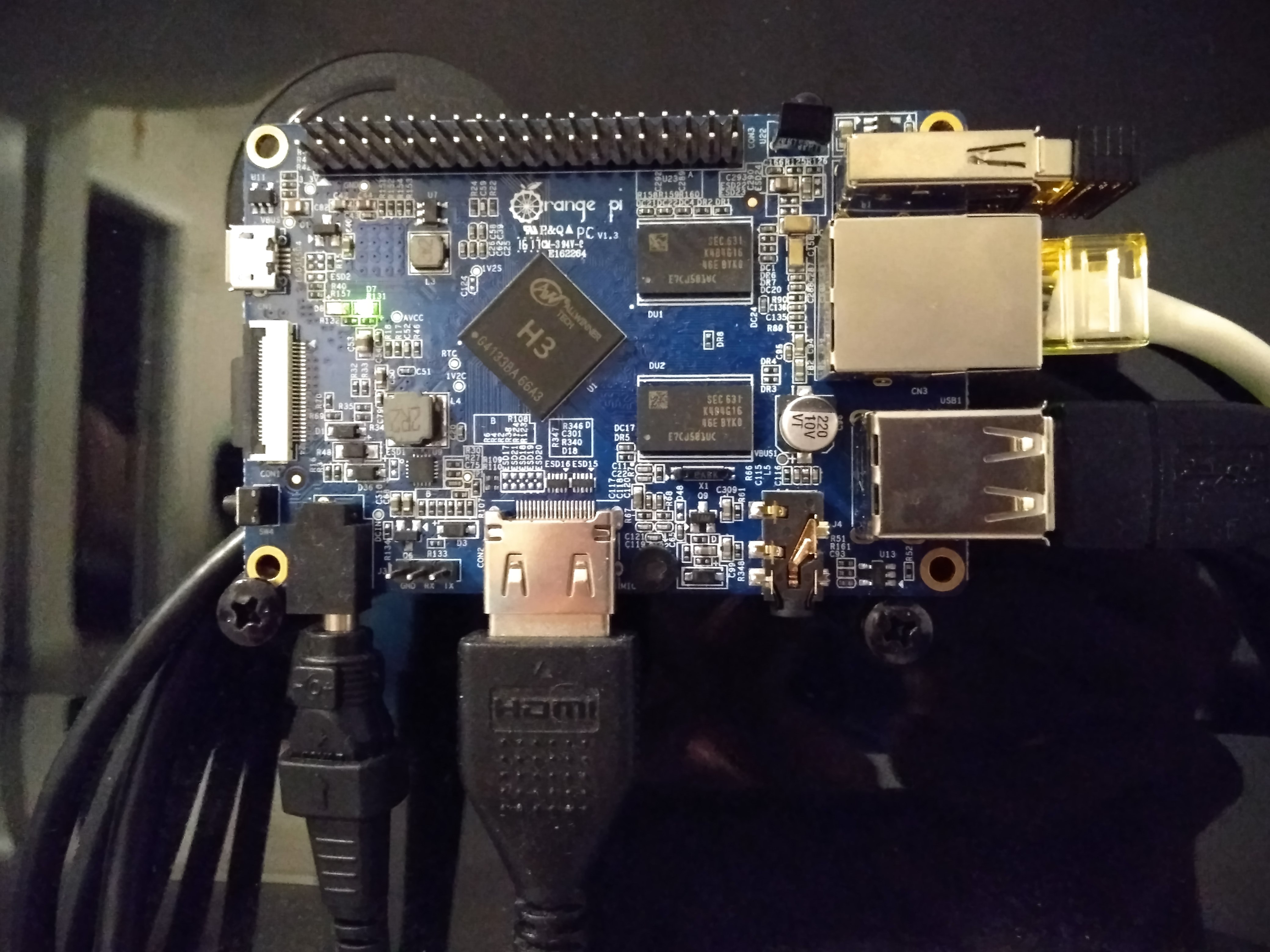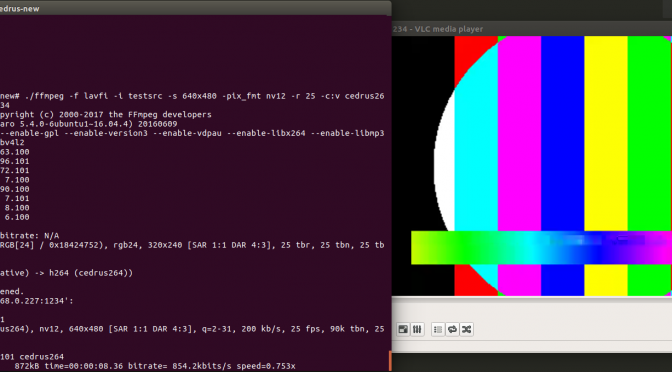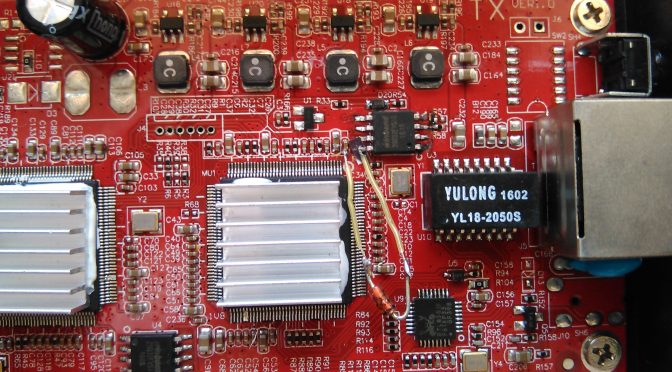Last days I’ve been experimenting with various features of OPI. One thing I’ve always been interested in is HW encoding. There is some information on linux sunxi wiki on this topic ([1] [2]), which say that it’s not something straightforward and opensource.
New version of Lenkeng HDMI over IP extender – LKV373A (Update 6. sep 2019)
Last week I’ve got the new version of Lenkeng HDMI extender – LKV373A. This version states incompatibility with previous version and usage of new HDbitT protocol so I was wondering what did Chinese engineers invent this time.
This blog is a log of my findings as they went through time. If you want a short review of the device watch this video from OpenTechLab (thank you!):
If you want to know more, just read the blog.
Continue reading New version of Lenkeng HDMI over IP extender – LKV373A (Update 6. sep 2019)My Go cheatsheet
print struct with field names:
fmt.Printf("%+v\n", myStruct)
foreach
for key := range myArray {
}
check if key is in map
if val, ok := myMap["key"]; ok {
}
Black thursday
Hi all!
Yesterday I suffered a great loss. All my data from this server went away… Unfortunately, I didn’t have recent full-backup of my blog so I needed to recreate some posts from WayBackMachine. That’s why most of pictures in posts from 2016 and 2017 is missing. Sorry for that. If you are interested in some exact pictures contact me, I can try to find them in my files.
I wish you more luck with your backups.
Bye!
Multicast over “stupid” networks
IP multicast is an interesting technology. It’s main purpose is to
save network bandwidth as much as possible – traffic is sent to hosts
which asked for it only (as opposed to broadcast). On the other
hand, you need smarter (manageable) switches and specific
non-trivial configuration on both routers and switches. Even more
complicated it is when you try to make it work over VPN. Continue reading Multicast over “stupid” networks
Primitive webcam server using inetd and fswebcam
Hi all!
This weekend I was thinking how to make my webcam connected to
OrangePI send a picture “on demand”. There are daemons (e.g. motion or
webcam-mjpg) which do this but they capture images even when you are not
watching and I wanted to avoid this. There are also projects (fswebcam)
which are able to take single picture, save it to disk and end. I just
needed to run it after http request and send back the image. Installing
full webserver with some kind of interpreter (php, lua,…) seemed to me
like an overkill. So I came to an idea to use inetd.
And this is how I did.
Continue reading Primitive webcam server using inetd and fswebcam
Yet another IoT thermostat
Hi all,
this post will be about my homemade IoT thermostat.  The goal was to not install any cables (because I live in a rented flat), to go really cheap and to be able to set the temperature from anywhere. I’ll also give you some tips you should think about when building your own. Let’s get started.
The goal was to not install any cables (because I live in a rented flat), to go really cheap and to be able to set the temperature from anywhere. I’ll also give you some tips you should think about when building your own. Let’s get started.
Example systemd unit config
/etc/systemd/system/my-service.service
[Unit] Description=My super service After=network.target [Service] ExecStart=/full/path #Type=forking #PIDFile= Restart=always RestartSec=2 User=root Group=root WorkingDirectory=/opt/service/ StandardOutput=syslog StandardError=syslog SyslogIdentifier=my-service Environment=PATH=/bin [Install] WantedBy=multi-user.target
systemctl daemon-reload systemctl enable my-service
OrangePi: Installing OpenELEC chroot into Armbian (Updated 15. Jul 2017)
Hi all,
since I found, that Debian chroot on OpenELEC is not the best solution, I tried to do it vice-versa. This is what I needed to do.
Continue reading OrangePi: Installing OpenELEC chroot into Armbian (Updated 15. Jul 2017)
OrangePi: Installing Debian chroot into OpenELEC
Hi all,
I have an OrangePi running jernej’s OpenELEC build connected to my TV.  It works very well and stable, but on the other side, you can’t do much more with it because OE is very limited Linux distribution. This is a short guide how to run standard Debian services (nginx, samba, openvpn, … anything) in Debian chroot. Continue reading OrangePi: Installing Debian chroot into OpenELEC
It works very well and stable, but on the other side, you can’t do much more with it because OE is very limited Linux distribution. This is a short guide how to run standard Debian services (nginx, samba, openvpn, … anything) in Debian chroot. Continue reading OrangePi: Installing Debian chroot into OpenELEC

